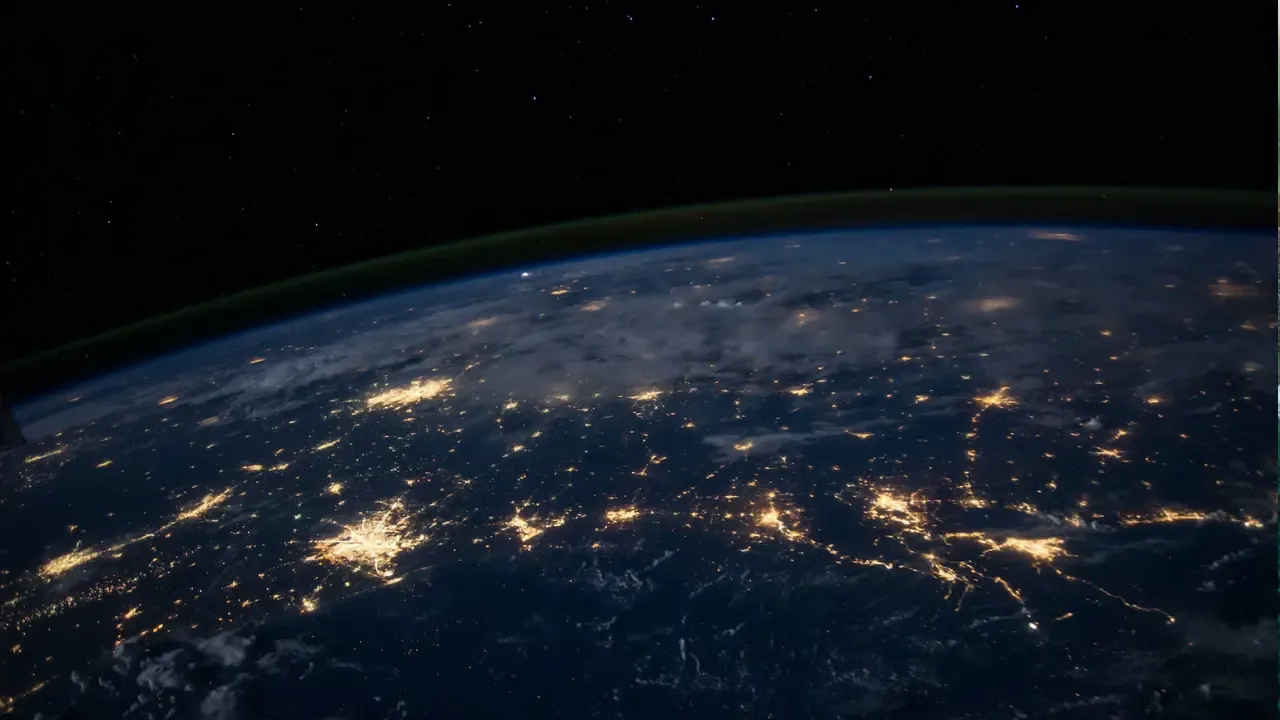Can I query MongoDB ObjectId by date?

Can I Query MongoDB ObjectId by Date? 🕑
So you're working with MongoDB and you've stumbled upon an intriguing question: can you query the ObjectId based on the date it was created? 🤔
Understanding ObjectIds and Their Structure 🕵️♂️
Before diving into the answer, let's quickly recap what ObjectIds are and how they are structured. In MongoDB, an ObjectId is a unique identifier automatically assigned to every document you insert into a collection. It consists of the following components:
Timestamp: The first 4 bytes (8 hexadecimal digits) of the ObjectId represent the timestamp, indicating the precise moment the document was created.
Machine ID: The next 3 bytes (6 hexadecimal digits) is a unique identifier for the machine or process that generated the ObjectId.
Process ID: Following the machine ID, the next 2 bytes (4 hexadecimal digits) represent the process or thread ID.
Counter: The last 3 bytes (6 hexadecimal digits) are an incrementing counter that ensures uniqueness in case multiple documents are created within the same process in the same second.
Now that we have a clearer understanding of ObjectIds, let's return to the original question of querying them by date. 📅
Querying MongoDB ObjectId by Date ⏰
Out of the box, MongoDB does not provide a direct way to query ObjectIds based on their date component. However, with a bit of creativity, we can achieve the desired result. 🎉
Solution 1: Using ObjectID.getTimestamp() ⚙️
One approach is to utilize the .getTimestamp() method of the ObjectId class. This method extracts the timestamp component of the ObjectId and returns it as a JavaScript Date object. Armed with this information, we can write a query based on the desired date range.
Consider the following example:
const targetDate = new Date('2022-01-01');
const objectIdFromDate = Math.floor(targetDate.getTime() / 1000).toString(16) + '0000000000000000';
const result = await db.collection('yourCollection').find({ _id: { $gte: objectIdFromDate } }).toArray();In this example, we defined a targetDate and converted it to the hexadecimal representation expected by ObjectId. By using the $gte operator in our query, we can find all documents created on or after the target date.
Solution 2: Storing the Date Separately 📝
Another approach is to store the creation date separately as a regular Date field in your documents. This allows for more straightforward querying, as you can directly query the date field without any extra steps. While it does require additional storage space, it might be worth considering if you frequently need to query by date.
Engage with the Community 💬
Have you ever encountered the need to query ObjectIds by date in MongoDB? Share your thoughts, tips, and experiences in the comments below. Let's learn from each other! 👇
Conclusion 🎬
While MongoDB doesn't provide an out-of-the-box solution for querying ObjectIds by date, we explored two practical workarounds: utilizing the .getTimestamp() method and storing the date separately. Both approaches offer a way to achieve the desired functionality.
Remember, understanding the structure and capabilities of MongoDB's ObjectId is crucial in finding creative solutions to complex problems. By leveraging the power of the community and sharing our experiences, we can all level up our MongoDB game! 🚀
Take Your Tech Career to the Next Level
Our application tracking tool helps you manage your job search effectively. Stay organized, track your progress, and land your dream tech job faster.



